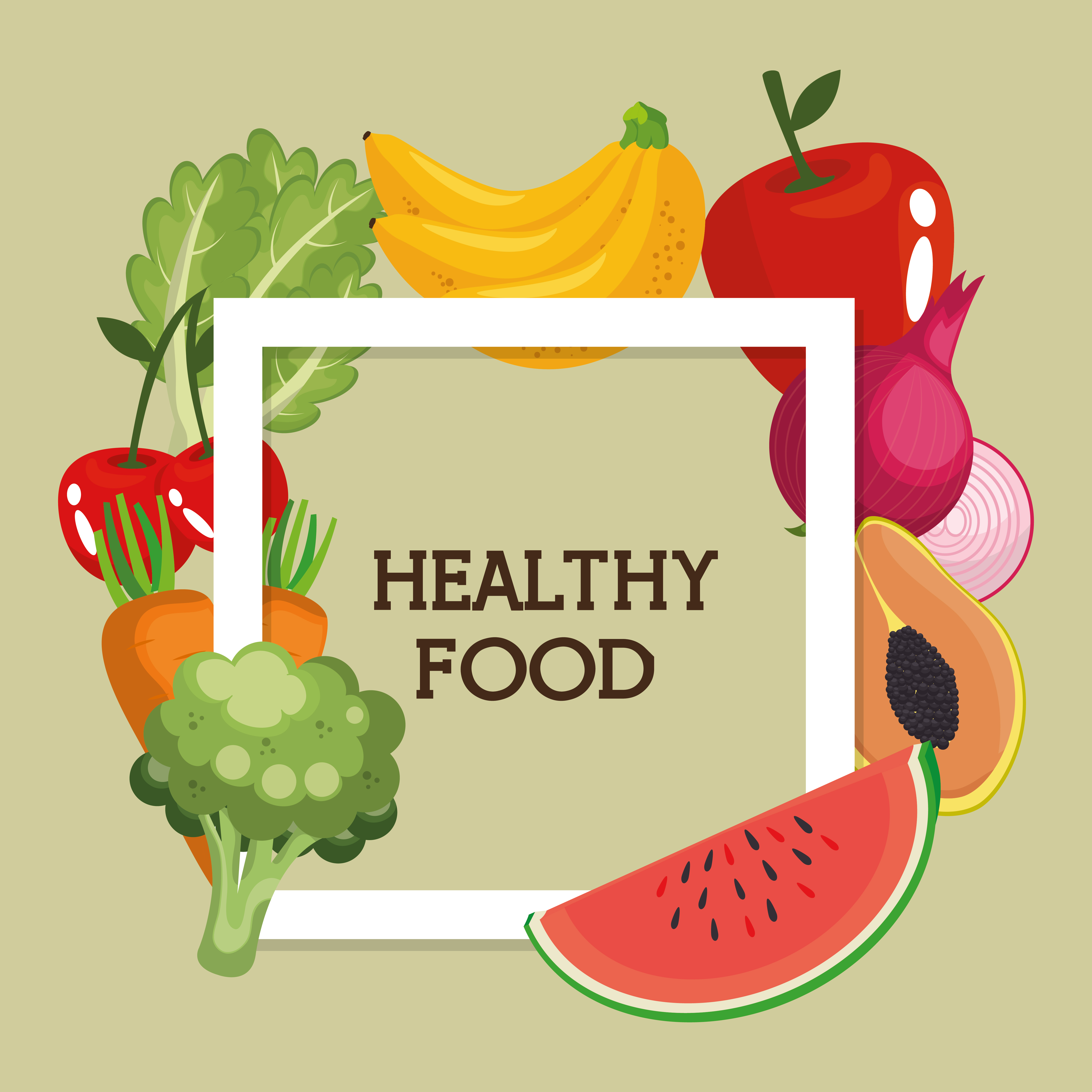The Organic Agriculture label: a guarantee of quality?
The organic label is awarded to products from organic farming. The role of the latter is to ensure, through the means of production used, respect for all living beings, their interactions with each other and with their environment, and the protection of environmental resources.
More concretely, the organic label implies encouraging the use of techniques that limit chemical products and pollutants. This in order to develop natural and renewable resources.
Thus, in order to meet the specifications, all agricultural fields must renounce chemical fertilizers and pesticides and clean up their soils beforehand. This last step can take up to three years. This conversion is therefore not without consequences in terms of costs. And productivity would be halved compared to an ordinary farm.
In France, the organic market has become considerably more democratic
It represents 10 billion in turnover and 5% of French people’s food purchases. On the other hand, 69% declare that they consume it to preserve their health and 83% rely on the AB label to choose their product (source: Agence BIO).
However, in practice obtaining the organic label is not as strict as it seems.
Since it is awarded to farmers who commit themselves to an organic approach and who meet the conditions. In other words, a producer who does not use pesticides but whose soils are not completely converted – and which may therefore contain polluting residues – can benefit from the organic label.
On the other hand, products that are labelled organic are only partly or only slightly organic.
Indeed, if we take the example of an organic fruit juice, it is indeed the fruit that is organic. Additives, some of which are known to be carcinogenic, as well as the use of palm oil, are authorized. In addition, the sugar content is no less than that of soft drinks.
The organic label does not therefore necessarily rhyme with health.
And for some, it is above all a marketing scam that benefits the food industry and supermarkets that distribute a large majority of organic products.
Indeed, this label is generally accompanied by an increase in the price of the product that benefits from it. Thus, fruits and vegetables are the only products that can be considered as “really” organic.
Nevertheless, there are alternatives to find organic products worthy of the name since:
– Committed independent retailers specialising in this field are developing: Naturalia, La Vie Claire, Biocoop, Bio c’Bon, NaturéO,
– Initiatives that put the producer first and allow consumers to buy local products directly are multiplying: AMAP (Association pour le Maintien d’une Agriculture Paysanne), La Ruche qui dit oui.
On the other hand, it will be necessary to get up early because supply does not follow demand. And products are regularly in short supply due to the popularity of organic products, especially fresh products such as eggs, milk and meat.
Do you have a market research project? Contact us.
We are able to offer you a custom-made methodology of qualitative and/or quantitative survey.
To answer your problematic: in marketing, communication, quality, satisfaction & customer/employees relationship or innovation.
The LDB Mica Research team
Sources:
– 60 millions de consommateurs alerte sur les dérives du bio
– Quand les produits bio ne le sont pas vraiment
Freepik Image



